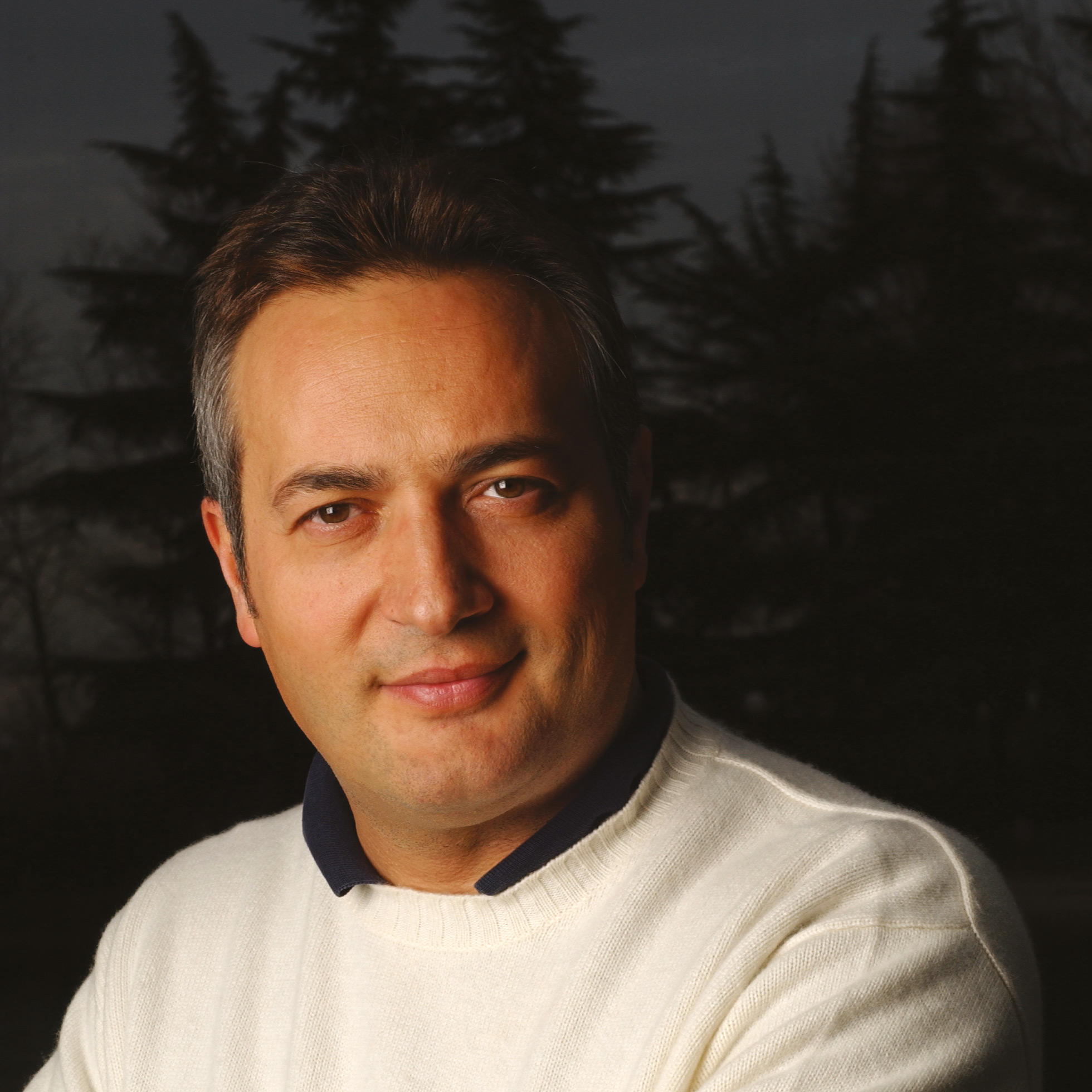Illness in our time has become part of public discourse, especially among leaders. It’s not hidden—neither the news itself nor its effects—but it’s openly declared and often turned into a cultural or political battle, or both.
Think of John Paul II, his body battered after the failed assassination attempt by Alì Agca, or progressively devastated by old age. Think, to jump forward in time and context, of the young Kate Middleton and how her cancer was followed with the same trepidation people of the past once felt for royalty. Of course, there’s a need for balance.
The latest case in Italy is that of Genoa’s mayor, Bucci, who, right after being chosen by the center-right as their candidate for the upcoming regional elections in Liguria, revealed he has cancer. But he declared he will fight, for himself and for his citizens. Now, a former member of the Five Star Movement, known for his extreme polemics, has entered the electoral campaign not by criticizing Bucci’s political program, but with a cynical remark. This man, Motta, said that Bucci is so ill that, if he wins, he won’t even finish his term, implying he would die before that happens. In simpler terms, why vote for him at all?
Bucci responded that he has enough fuel not for one, but two terms. However, beyond the words exchanged by attackers and defenders alike, the real point is one and the same. It’s certainly legitimate to communicate one’s physical condition, but we shouldn’t let the political battle descend into dissing. A term we’ve borrowed from rappers, now commonly used to refer to insults and delegitimization within professional circles. It’s a matter of civility, addressing the few boundaries that should exist in democratic discourse.
Politics is fought to provide a better life, not to make death a decisive factor. Where, I ask, has rational thinking gone? More brains and less dissing, then. Or rather, less dissing for everyone.


